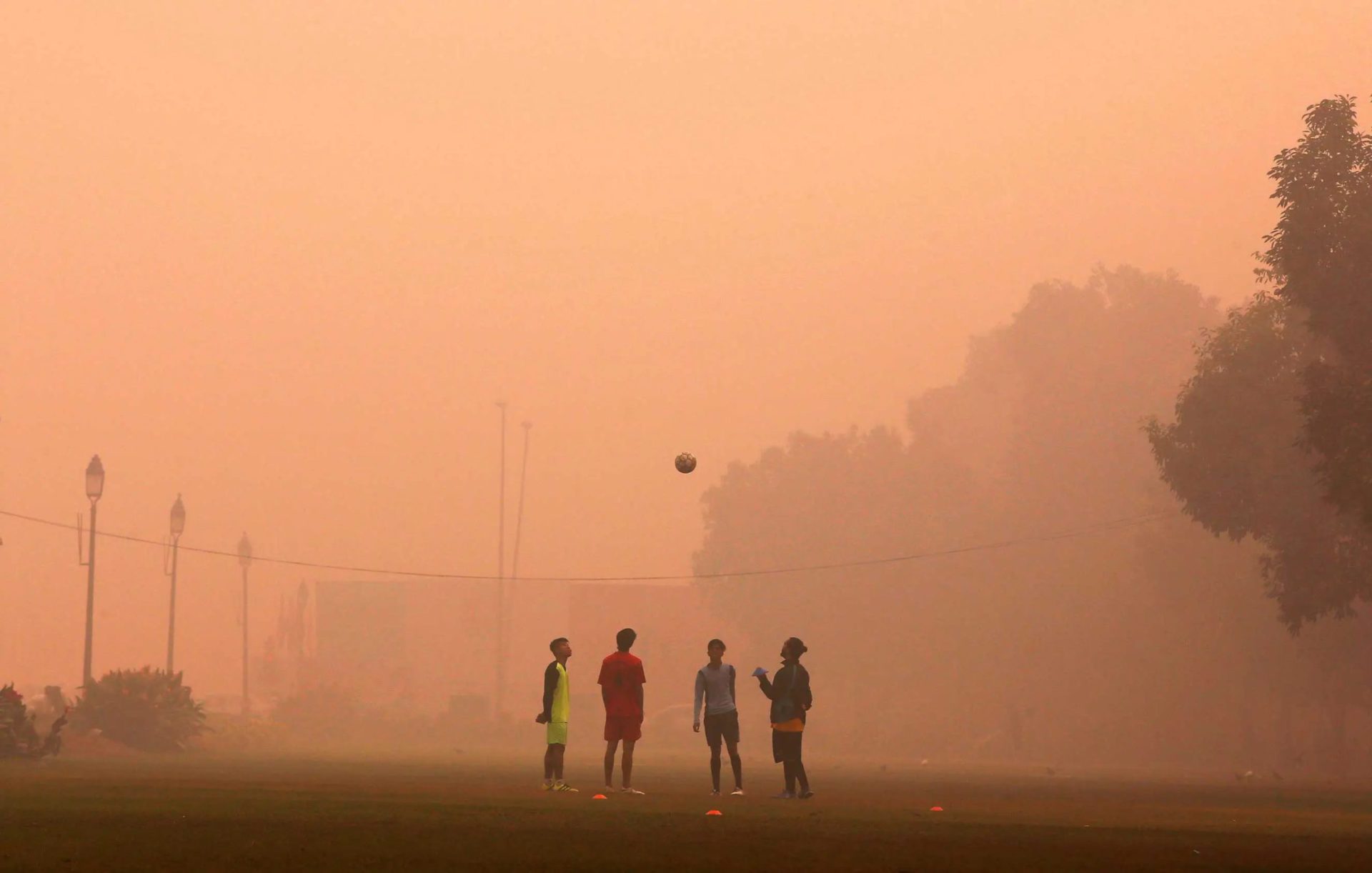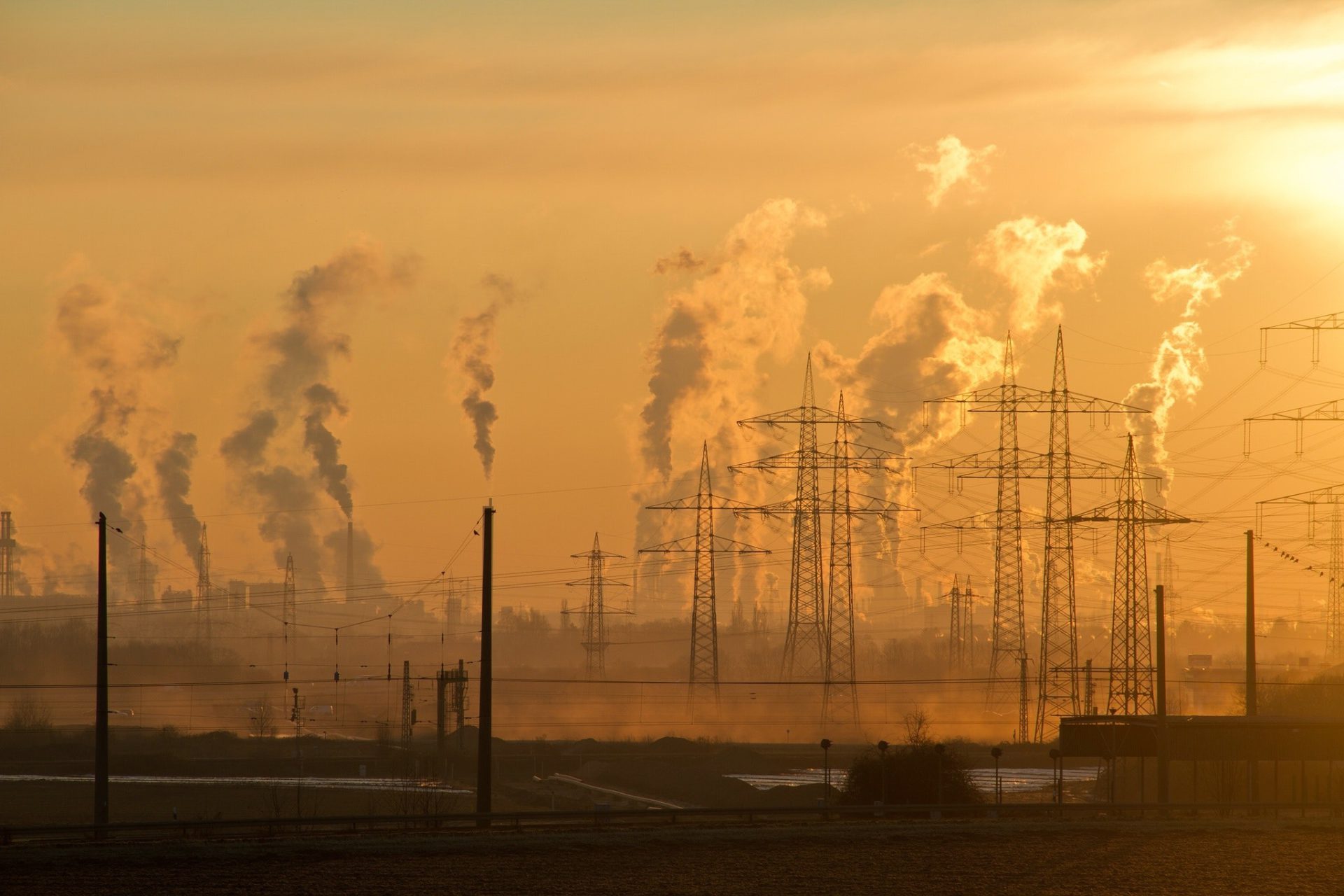In today’s fast-paced world, we often overlook one of the most fundamental aspects of our well-being: the air we breathe. While it may seem invisible and insignificant, the quality of the air surrounding us has a profound impact on our health. This article aims to shed light on the silent dangers of poor air quality and the detrimental effects it can have on our overall well-being.
Understanding the Impact of Air Quality on Health
What is Air Quality?
Air quality refers to the composition of the air in our environment, including the presence of pollutants and contaminants. It is a measure of how clean or polluted the air is, and it can vary greatly depending on various factors such as geographical location, industrial activities, and weather conditions.
How Does Poor Air Quality Affect Our Health?
Poor air quality can have severe consequences for our health. When we breathe in polluted air, harmful particles and gases enter our respiratory system, triggering a range of health issues. Prolonged exposure to poor air quality can lead to:
- Respiratory problems
- Allergies
- Asthma
- Cardiovascular diseases
- And even premature death
Say goodbye to waiting rooms and long lines. Speedy Sticks offers at-home testing
The Sources of Poor Air Quality
Outdoor pollution
Outdoor pollution is a significant contributor to poor air quality. Emissions from:
- Vehicles
- Industrial facilities
- Power plants and
- Wildfires
They release pollutants such as:
- Particulate matter
- Nitrogen oxides
- Sulfur dioxide and
- Volatile organic compounds into the atmosphere
These pollutants can travel long distances, affecting both urban and rural areas.
Indoor pollution
Indoor pollution, although often overlooked, is equally detrimental to our health. Common sources of indoor air pollution include:
- Tobacco smoke
- Cooking fumes
- Building materials
- Cleaning products and
- Inadequate ventilation
Contaminants can accumulate in enclosed spaces, leading to long-term health problems for occupants.
Health Effects of Poor Air Quality

Most symptoms when it comes to health effects of poor air quality are
Respiratory System
- Increased risk of respiratory infections
- Exacerbation of asthma and other respiratory conditions
- Development of chronic respiratory diseases
Cardiovascular System
- Increased risk of heart attacks and strokes
- Aggravation of existing heart and cardiovascular conditions
- Higher blood pressure and heart rate
Neurological Effects
- Impaired cognitive function
- Neurodevelopmental disorders in children
- Increased risk of neurodegenerative diseases
Allergies and Asthma
- Worsening of allergies and asthma symptoms
- Increased frequency and severity of attacks
- Reduced lung function
Cancer Risks
- Exposure to air pollutants can lead to an increased risk of lung cancer
- Certain pollutants may also be linked to other types of cancer, such as bladder and breast cancer
Impact on Children
Children are particularly vulnerable to the effects of poor air quality. Their developing respiratory and immune systems make them more susceptible to respiratory infections, asthma, and other health issues. Exposure to air pollution during pregnancy can also have long-term consequences on the child’s health and development.
Vulnerable Populations
Certain individuals are more susceptible to the health effects of poor air quality. This includes the elderly, individuals with pre-existing respiratory or cardiovascular conditions, and people with compromised immune systems. Additionally, socioeconomically disadvantaged communities often bear a disproportionate burden of air pollution, further exacerbating existing health inequalities.
Ways to Improve Indoor Air Quality

Ventilation and Air Filtration
- Ensure proper ventilation in indoor spaces
- Use high-efficiency air filters to trap pollutants
Reduce Exposure to Outdoor Pollution
- Stay informed about local air quality conditions
- Limit outdoor activities during periods of high pollution
- Create a clean indoor environment as a sanctuary
Promote Green and Sustainable Practices
- Encourage the use of clean energy sources
- Support policies that reduce emissions from industries and transportation
- Promote sustainable practices in daily life, such as walking or cycling instead of driving
Reducing chemical exposure
Many household products, such as cleaning agents, paints, and solvents, release harmful chemicals into the air. Choosing natural and eco-friendly alternatives and reducing the use of toxic chemicals can significantly improve indoor air quality.
Common pollutants to watch out for
Some of the most common pollutants that adversely affect air quality include:
- Particulate matter (PM2.5 and PM10)
- Nitrogen dioxide (NO2)
- Sulfur dioxide (SO2)
- Ozone (O3) and
- Volatile organic compounds (VOCs)
Monitoring these pollutants can help us identify areas with poor air quality and take appropriate actions.
Taking Action to Improve Outdoor Air Quality

Reducing vehicle emissions
Vehicle emissions are a major contributor to outdoor air pollution. Opting for public transportation, carpooling, or using electric vehicles can help reduce the number of vehicles on the road and lower emissions.
Promoting renewable energy sources
Transitioning from fossil fuels to renewable energy sources, such as solar and wind power, can significantly reduce air pollution. Supporting and advocating for clean energy initiatives can contribute to a healthier environment for all.
Planting trees and green spaces
Trees and plants act as natural air filters, absorbing carbon dioxide and releasing oxygen. Increasing green spaces in urban areas and participating in reforestation efforts can improve air quality and create a more sustainable environment.
The Importance of Personal Responsibility
Making informed choices for cleaner air
As individuals, we have the power to make choices that contribute to cleaner air. Opting for sustainable transportation, reducing energy consumption, and supporting eco-friendly practices can collectively make a significant impact on air quality.
Encouraging sustainable practices
By spreading awareness and educating others about the importance of air quality, we can inspire positive change in our communities. Encouraging sustainable practices, such as recycling, reducing waste, and conserving energy, can lead to cleaner air and a healthier future.
How can I check the air quality in my area?
You can check the air quality in your area through various online platforms and mobile applications that provide real-time air quality indexes.
Are children more susceptible to the health effects of poor air quality?
Yes, children are particularly vulnerable to the adverse effects of air pollution due to their developing respiratory and immune systems.
What are some long-term health effects of poor air quality?
Prolonged exposure to poor air quality can lead to respiratory problems, cardiovascular diseases, reduced lung function, and an increased risk of premature death.
Say goodbye to waiting rooms and long lines. Speedy Sticks offers at-home testing
How can I reduce my exposure to outdoor air pollution?
You can reduce your exposure to outdoor air pollution by avoiding high-traffic areas, wearing masks when necessary, and staying indoors during times of severe pollution.
Can poor air quality lead to long-term health problems?
Yes, prolonged exposure to poor air quality can contribute to the development of chronic respiratory and cardiovascular diseases, as well as neurological disorders
Conclusion
Poor air quality is a hidden threat to our health, silently affecting us every day. Understanding the sources and consequences of air pollution is crucial for taking proactive measures to protect ourselves and our environment. By improving indoor air quality, advocating for cleaner outdoor air, and promoting sustainable practices, we can ensure a healthier future for ourselves and generations to come.







